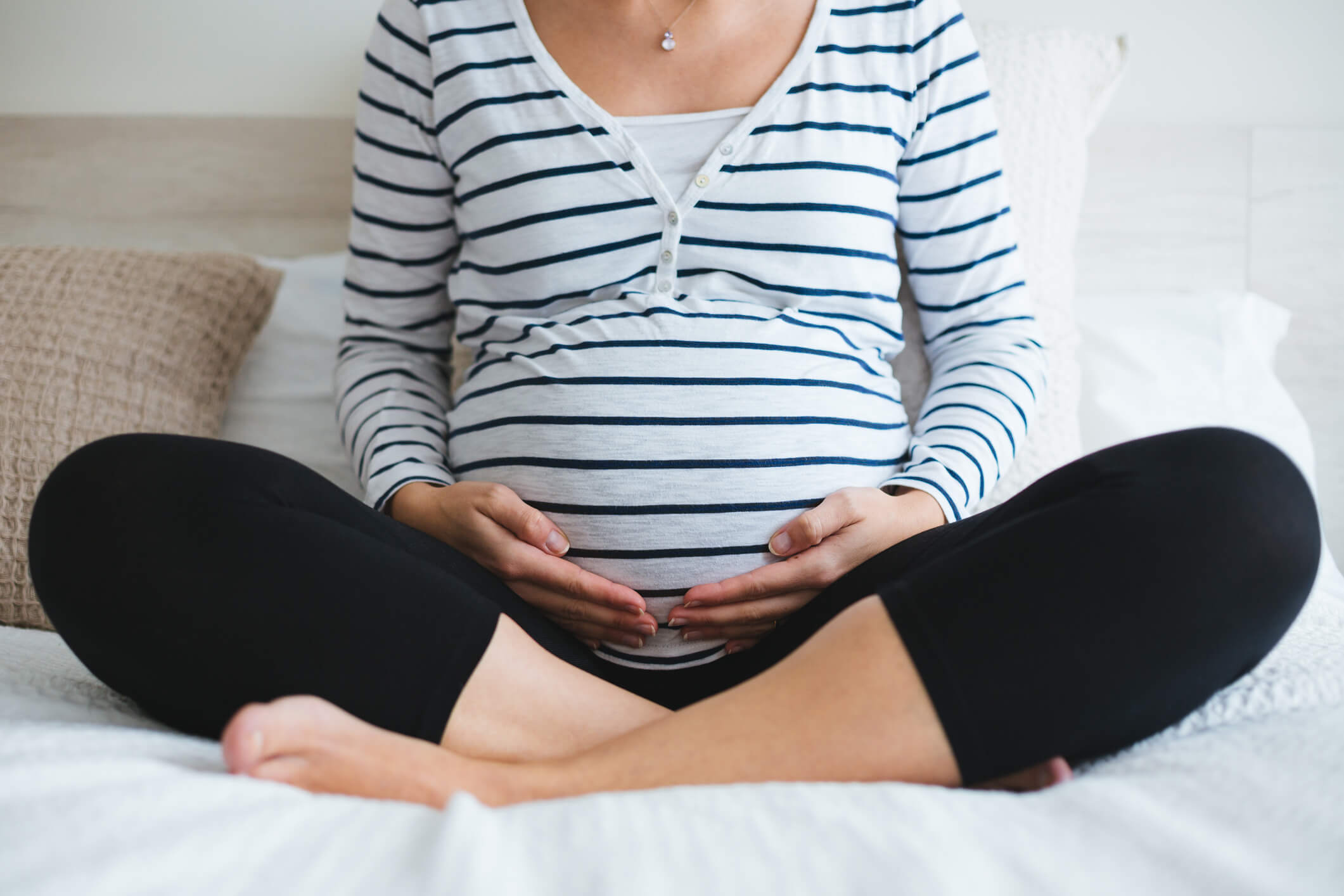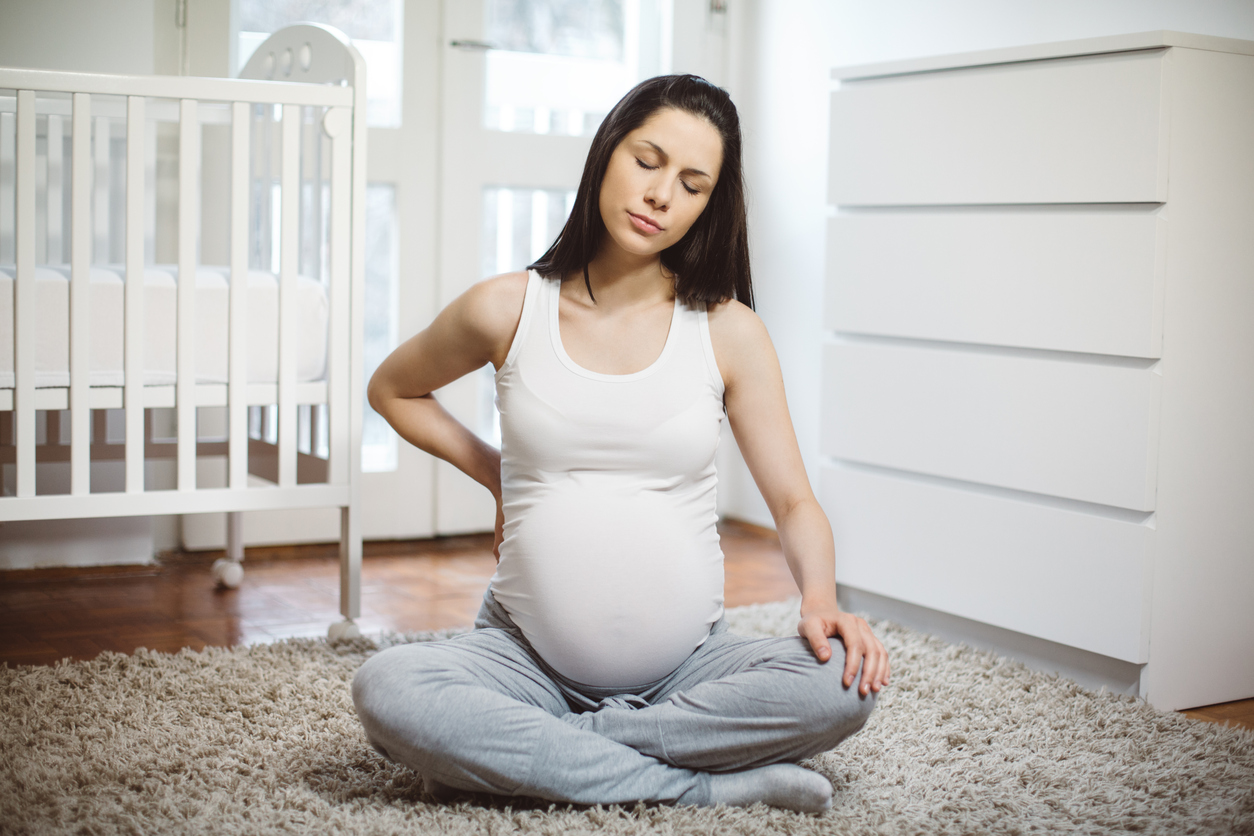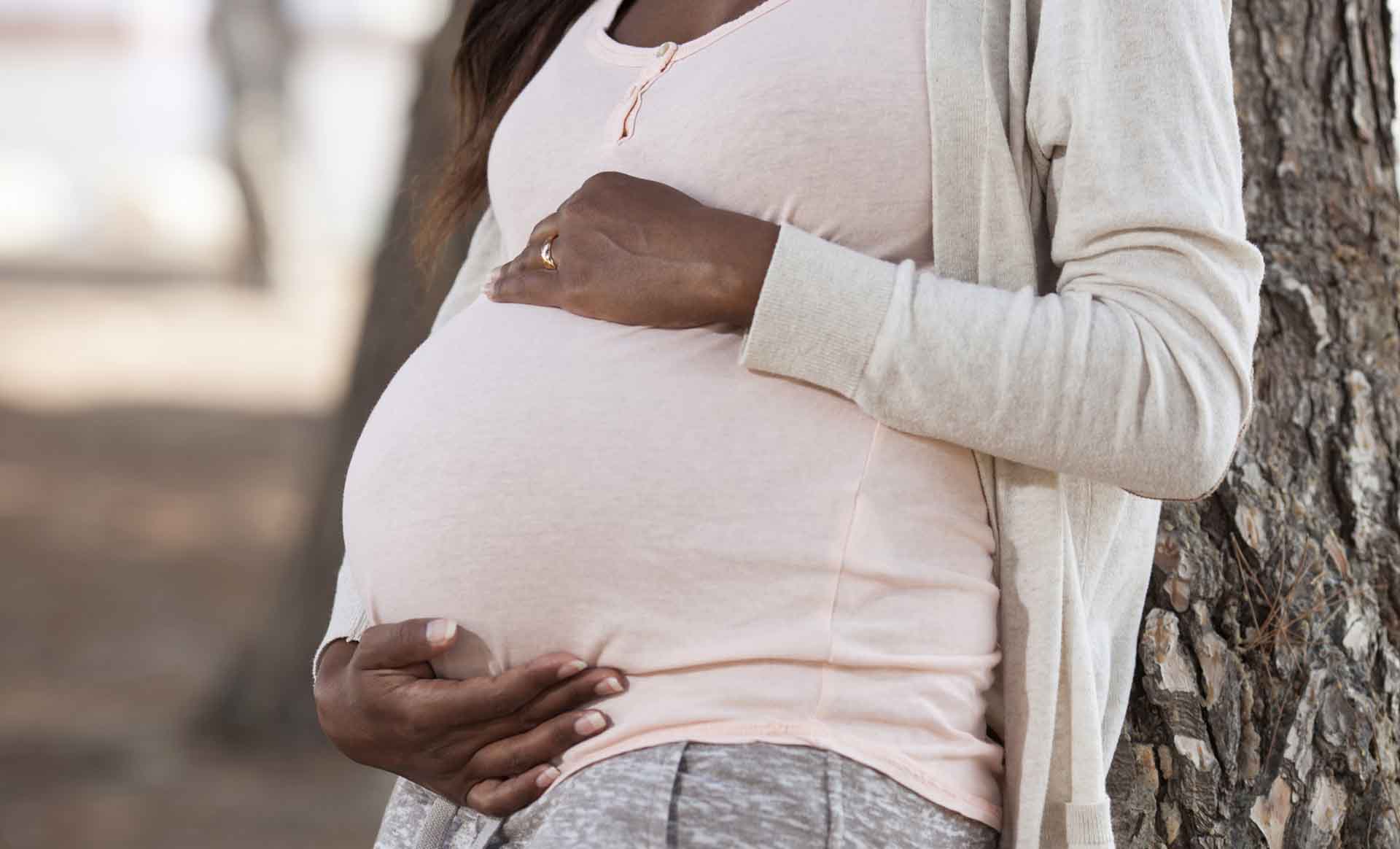-
When you’re pregnant it can feel like people are queuing up to give you advice on how to be healthy, especially when it comes to what is and isn’t safe to eat. With conflicting advice and plenty of old wives tales out there, eating right can feel like a minefield. We’re here to clear up the rumours with some straightforward tips for eating a healthy, varied diet throughout your pregnancy.
What’s a real no, no?
Sadly, there are some food that are off the table when you’re pregnant. Certain types of food have a higher risk of containing listeria and salmonella: bacteria’s that can be harmful to you and baby. Whilst listeria is rare in Australia, hormonal changes during pregnancy can make you more susceptible to infection as increased progesterone lowers your immune system, making it harder to fight the infection.
Soft Cheese
Sorry dairy fans – soft and semi soft cheeses such as brie, camembert, Danish blue and gorgonzola should be avoided during pregnancy. Made with mould, these are much more likely to contain that harmful bacteria.
If you can’t imagine stepping away from the cheeseboard, don’t fret. Hard cheeses such as cheddar, parmesan and stilton are still on the menu.Raw or partially cooked eggs
Whilst it’s hard to imagine snacking on some raw eggs, some products such as homemade mayonnaise feature this as an ingredient so it’s worth reading the label. If eggs are a staple feature of your brekkie, just make sure they’re cooked all the way through until the whites and yolks are solid – poached eggs will have to take a back seat for now!
High mercury and raw fish
Sorry sushi fans, raw fish has a higher risk of listeria contamination and should be avoided whilst pregnant. You should also be wary of smoked ready-to-eat seafood and fish with a high mercury content, such as marlin and swordfish, these shouldn’t be eaten more than once a fortnight.
Fish itself is high in omega 3 fatty acids so don’t avoid it altogether – just choose a low mercury option and cook it thoroughly!Cold cured meats
Deli meats are the perfect addition to a picnic but during pregnancy it's best to steer clear. With a risk of listeria and toxoplasma, the deli counter isn’t your friend for the next 9 months so opt for well-cooked fillets of meat instead.
Remember: Listeria organisms can be killed by heat so if you’re reheating food make sure it’s piping hot at least until 75 degrees. It also helps to make sure all your utensils are clean and that you wash your hands thoroughly when preparing food. Finally, keep your food as cold as possible in the fridge and eat it shortly after buying.
Alcohol
Current recommendations are that alcohol is definitely one to avoid during your pregnancy.
Coffee
The good news is you don’t have to cut out caffeine completely during your pregnancy as long as you reduce your intake to 200 to 300mg a day. An average cup of filter coffee contains 60-120mg.
The not so good news is that this doesn’t just include your daily cups of coffee. Caffeine pops up in chocolate bars, some soft drinks and energy drinks too so make sure you take this into account.Pre-packaged salads and fruit salads
Yes it’s convenient but pre-packaged salads and pre-cut fruit should be avoided whilst you’re pregnant. Try buying fresh salad leaves and fruit from the market instead – just make sure you wash it thoroughly before eating.
Should I be eating for two?


-
Alright, enough of that – what can I eat?
Although it might not seem like it, there’s a lot you can eat when you’re pregnant. The best advice to keep in mind is to aim for a healthy, balanced diet that includes the following:
Plenty of fruit and veg
Providing vitamins, minerals and fibre (good for easing constipation – an annoying side effect of some pregnancies), fruit and veg are your hero foods whilst pregnant. Aim for a variety and make sure you wash them thoroughly.
Grain foods
An important source of fibre foods such as sweet potatoes, rice, pasta, grains and oats should be eaten with most meals for an all-important energy boost.
Protein
Well-cooked meat, low mercury fish, poultry, pulses, beans and fully-cooked eggs should feature in your daily diet
Dairy
Soft cheese might be off the table but hard cheeses, pasteurised yoghurts and pasteurised milk all have the green light. If you’re unsure if your chosen product has been pasteurised make sure you check before going ahead!
What about vitamins?
Getting your vital vitamins and minerals is important on a day-to-day basis and it is best to get them from the food you eat, however when you’re pregnant you might need to take some extra supplements to help you along. Always consult your doctor or before you add any supplements to your diet.
- Iron: Pregnancy increases your need for iron. The best sources of iron can come from your diet! Aiming for a balance of red meat and dark leafy greens can help you boost that intake whilst adding a food high in Vitamin C can encourage your body to absorb more iron. If your iron levels are low, only take iron supplements on the advice of your doctor.
- Folate: a B vitamin, folate promotes healthy growth and development for your baby. It also helps protect against neural tube defects such as spina bifida. It is found in foods like asparagus, chickpeas and spinach.
- Calcium: promoting healthy teeth and bones, meeting the recommended daily intake of calcium is important during your pregnancy. If you’re dairy-free make sure you incorporate tofu, dried fruit, dark leafy greens and almonds into your diet.
- Vitamin D: Is integral to keeping bones healthy. Generally most Australians, including pregnant women, get enough Vit D from sunlight. Just make sure you’re keeping safe in the sun with our handy tips. Vitamin D is only found in a few foods like oily fish and fortified margarine. So if you are lacking it can be tricky to boost vitamin D by food alone. Vitamin D can be taken as a pregnancy supplement if advised by your doctor.
- Zinc: important for cell growth, gene expression and plays a role in immune function. Zinc can be found in lean meat, wholegrain cereals, legumes and nuts.
- B12: This one is especially important for vegans and vegetarians. Whilst a healthy veggie diet should provide you with all the nutrients you need, it’s worth speaking to your midwife to make sure you’re getting enough.
What about eating for two?
Whilst you are technically eating for two, this doesn’t mean you get to double up your portions – sorry! It is true that your body needs extra nutrients when you’re pregnant but all that means is it’s important to eat healthy foods in the right amounts. If you’re feeling unsure you can see all the recommended daily servings as outlined by the national NHMRC guidelines here.
-
Avoiding cold and flu during pregnancy
During pregnancy, women are at an increased risk of experiencing complications from the flu. Make sure you understand what steps you can take to help keep you and your baby healthy.
-
Choosing childcare that fits your family
Here’s what you need to know when choosing childcare
-
How to avoid 'dad bod'
How to keep fit and healthy with a new baby in the house
-
Expecting a baby during COVID-19
We address some common questions you may have.
-
How your extras can help during pregnancy
Use your cover to stay healthy
-
Pregnancy self-care essentials
Obstetrician Dr Chris Russell shares some advice.
Subscribe to receive the best from Live Better every week. Healthy recipes, exercise tips and activities, offers and promotions – everything to help you eat, move and feel better.
By clicking sign up I understand and agree to Medibank's privacy policy






